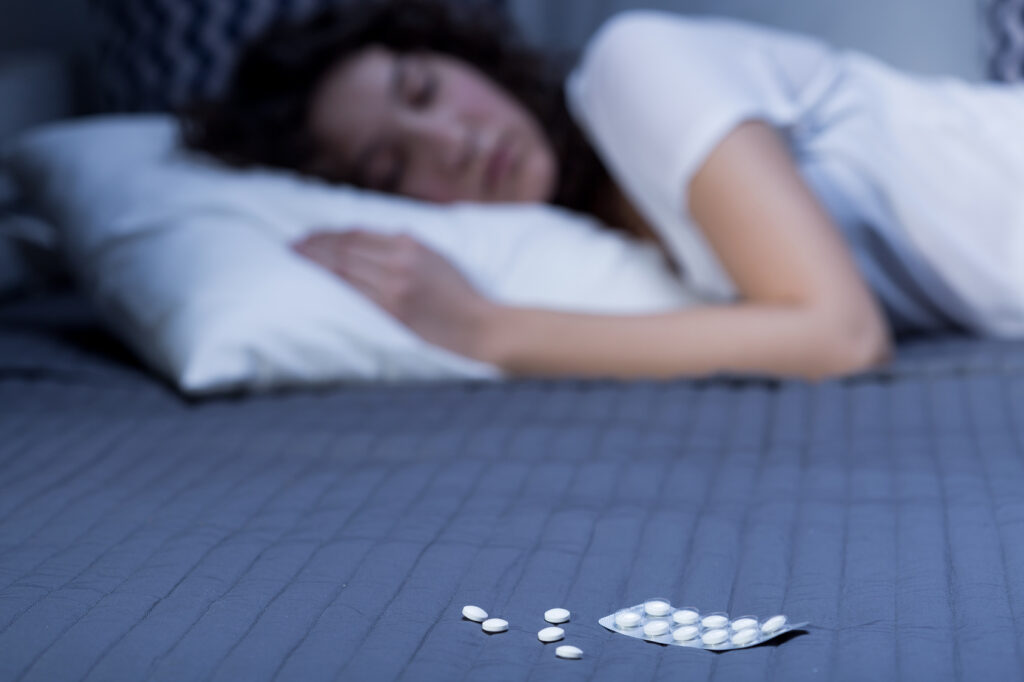Ambien and Lunesta Addiction


Trouble Sleeping?
Many people come into Pomarri addicted to either ambien or lunesta, both new sleeping pills that are marketed as safer and less addictive than previous drugs. Demand for sleeping pills have increased dramatically over the past few years — about 4% every year. In 2011, nearly 60 million sleep aid prescriptions are filed every year, and 1 in 4 people reported using some type of drug to help them sleep. Unfortunately, this has led to many different problems including a dramatic increase of emergency-room visits due to zolpidem, an active ingredient in many sleep aids.
What is Lunesta
Luneta is a sleeping pill made by Sunovion Pharmaceuticals in 2004. It’s active ingredient is eszopiclone, a depressant that slows the central nervous system and brain by enhancing GABA (gamma-aminobutyric acid), a chemical that blocks brain signals. It is used to treat insomnia short term, but it is sometimes used for 6 months or more. Unfortunately, it can be addictive, have terrible withdrawal symptoms, cause anxiety and depression, and even lower inhibitions (there are stories of people wandering around naked, making phone calls, and performing other actions that they can’t remember in the morning).
What Is Ambien
Ambien is a hypnotic or sedative with zolpidem as its active ingredient. It is a tablet used to treat insomnia, with extended-release or immediate-release options. Many people are allergic to zolpidem, or have adverse reactions to the drug, so always exercise caution when using it. It too, is highly addictive, and should only be used as directed.
Detox Protocol
Those addicted to sleep aids such as ambien and lunesta are put through a detoxification process to help wean them off of the drug. If necessary, they will have to use medication-assisted treatment. Detoxification from sleeping aids is dangerous, and if necessary, you should only attempt it under the supervision of a specialized physician.
How to Have a Good Night’s Rest
If you have trouble sleeping, here are a few things that you can do to help you wind down before bedtime.
- Establish a normal bedtime routine.
- Go to bed and wake up at the same time every day, even on weekends and holidays.
- One hour before bed, put away your electronic devices, especially your phone.
- Don’t even bring your phone into your bedroom and use a traditional alarm clock to wake in the mornings instead.
- Don’t consume caffeine for up to 6 hours before bed.
- Don’t use your bed for anything other than sleep or sex.
- Try not to nap during the day, unless you keep it to less than 20 minutes.
- Dim the lights 2 to 3 hours before you go to bed to help you slowly slip into sleep.
